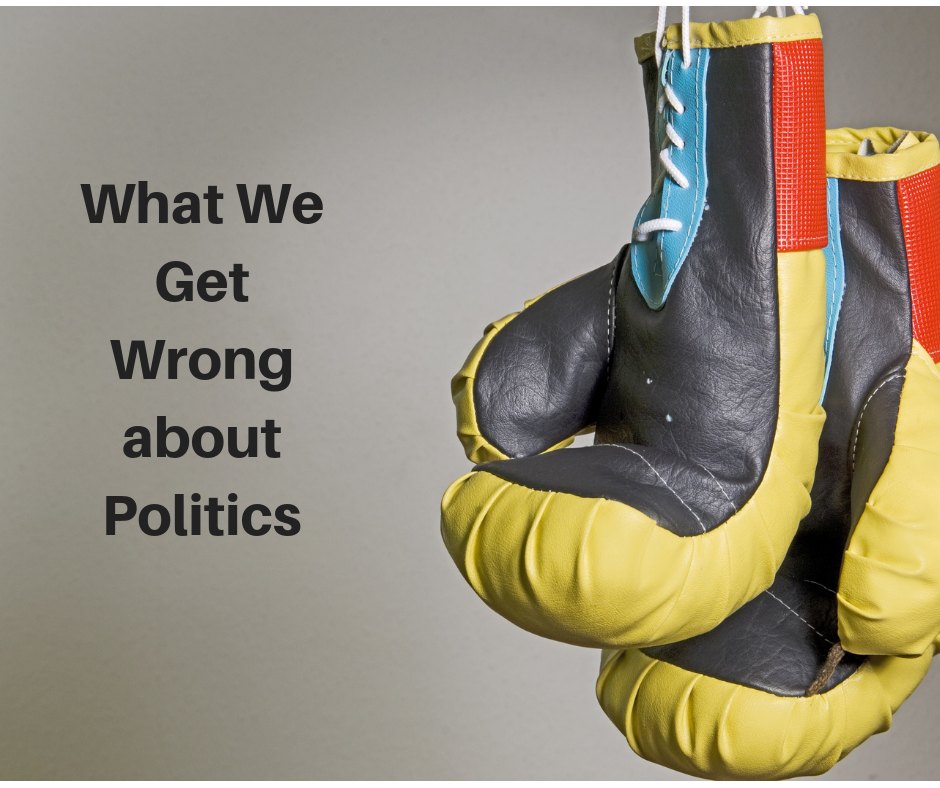Here I am, 1:24 am. Just 3 days ago my husband announced that he was throwing his hat in the ring for our State Legislator, representing our Anchorage District 15 as a write-in candidate. Never did I think this would happen. Never did I imagine the circumstances that would lead up to such a nail-biting race as this. If you’re interested and want to read more, you can google it or go to his campaign page.
But in all the whirl of activity, I catch a quiet moment and I have to think about the why questions. I have this incessant need to draw deeper to understand what is really happening as the external world around me is spinning.
It’s hard to keep up with the world, national and local news cycle— all the controversies, the boycotts, the people who are “incensed” about something or other. Not saying there’s nothing to be incensed about, but it can get overwhelming after a while. We can get fatigued from being expected to care about everything.
There are a lot of normal people walking around who are just trying to mind their own business and get on with their peaceful lives. These are what I call the “white gloved” citizens. They don’t want to get into an argument and risk hurting someone’s feelings. Seeing all that is happening can put us on overload— the passionate pleas of people around us to share this thing, get involved in this other thing, or participate in one campaign or another.
On the other side of the spectrum, politics can be a little addictive. We could call these people the “boxing gloved” citizens. You’re getting involved, you’re uncovering bad guys and fighting for the good. You’re feeling like you identify with the significance of what you are doing. You feel the triumph and defeat. You feel a little scared, yet a little more “woke” and alive. People get involved in politics for different reasons. You get a little of the good mixed with the bad, not usually in equal portions.
Politics is messy because it involves people. So you may lean more white gloved or more boxing gloved naturally. I know what it’s like to be the former, and now I am learning to ride the wave of the latter.
I want to use this opportunity to clear up some things I think we get wrong about politics. Those places where the mud turns into quicksand.
One big thing we need to keep at the forefront of our minds is that the government isn’t everything.
I know it sounds too simple, but if more people knew this, we’d have far fewer problems. I say this knowing that the government may be my life’s focus over the next two months or more. I say this knowing that people live and die based on some of the governments actions or inactions. The government is important, but it cannot be everything.
Most of the “white gloved” people who “stay out of politics” understand this principle. These people know that their families matter. They know that their churches, schools, and communities matter. They know that they can make a difference at their job or right where they live. I believe that these people make up the vast majority of people. They are just people trying to make their lives work the best they know how.
We have this handy dandy little doc called the Constitution that spells out exactly why the government exists and what it should not do. The Bill of Rights outlines the freedoms that the government should always protect. We know that the three branches of government are supposed to stay in their lane and do their best to make sure that the government keeps doing what it is supposed to do and not doing what it’s not supposed to do.
What we don’t always talk about enough is this the softer side of politics: the people. We have a government that is BY the people, OF the people and FOR the people—but the government does not replace The People. The People are the People. We so often forget this very simple but profound component of any good society: What the government does not do, we as individuals are supposed to be doing. All activity that surrounds and supports this principle is what I call “cultural cultivating.” We could call this the “green glove” of society. Many kinds of institutions participate with us as individuals in the cultivating of our culture. Arts and entertainment, media, education, business, religion— all of these enterprises shape and mold our culture. Each and every one of us, what we do in our everyday lives, from minute to minute shapes and cultivates something within that culture. Every dollar we spend promotes something and de-emphasizes something else. Every click on a website, or like on social media is like a chisel exposing the cultural edifice we are creating together.
And here’s where we sometimes get mixed up on the dance we do between us as citizens cultivating culture, and the relationship with have with our literal or “hard” government. The culture is the “soft” governing force that is actually much more powerful than the brute strength of elected officials. So often we want our government to reflect the art of what we are creating with our lives. We want the government to look like us, act like us, and talk like us— to be a mirror image of ourselves. But our particular government was never designed to do that. In fact, when we look for cultural ideals for our government to implement, the original intention of our government is thwarted. It’s like trying to expect a boat to fly us to the moon or the family dog to cook our meals just like Mom. Only in Neverland, my friend, only in Neverland.
Often, our attitude toward government can reflect the responsibility or lack of personal responsibility we take to cultivate our own culture. For example, if we want something done, we scream for a law to be made to make people conform to the culture we want. Instead of taking time to cultivate it ourselves, we want to legislate it. When we have a problem that needs to be solved, we automatically look to the government to fix it effectively and efficiently. Because that idea has worked so well for us in the past…right…
Or, we can err on the other side: we don’t trust the government to do anything at all and so we withdraw our support from all government related issues and stand on the sidelines, mocking and shaking our heads. We conclude that politicians are all a bunch of liars and power mongers. We push off the responsibility for the state our nation is in to all the bad politicians and conveniently away from ourselves.
Sometimes we think we are “rising above” all the muck of politics, when we are really just abdicating our own important role. Instead of “rising above,” I suggest going underneath. The fruit on top of the tree is obvious. When we rise above, it’s easy to see the fruit. But it’s what’s underneath that makes the fruit rotten or sweet. Up above, we may enjoy a little more fresh air and distance from the mess, but we will not impact the tree unless we get underneath. It is only by going into the soil and cultivating our culture in active ways, will we begin to see the fruit begin to change.
How is it that we can so categorically shift all the blame for what’s in our culture to a political figure or a celebrity or a corporation? The cultural cultivating is ours to bear. If a tweet from a political figure can rip your community apart, then the individuals in the community have abdicated their role of cultivation a long time ago.
Our communities need to look away from the government and empower ourselves. Once we can empower ourselves to bring solutions to the problems we face in the here and now, then we can enter into this dance with the government as a strong partner.
Let me spell it out a little bit clearer. Some things the government can do, other things you and I are especially equipped to do. Here are just a few.
The government’s job: Protecting speech, making laws, protecting religious expression and diversity of thought, promoting security and tranquility, spending the money we allocate to spend to benefit the people.
Our job: cultivating speech that is beneficial, choosing our own beneficial religious expression, choosing to think and educate ourselves, helping provide safety to ourselves and those around us, and holding elected officials responsible for handling our money well.
Neither list is exhaustive. What would be on your list? I want to get you thinking, not to do your thinking for you.
Our relationship with public servants is going to have to change for things to get better. I know that sometimes it takes a crisis to get people to get out and get involved. Maybe instead of reacting to crisis, we need to change our value system to always being mindful of our communities and the part we play in them. Our representatives need us to help them think and ask the right questions and have the quality conversations. As we demand more of them, we also need to demand more of ourselves: to put more into our role as cultivators and curators of thought, to educate one another and our children— to seek truth and clear the way for the truth to be heard.
Next time you have a political conversation, stop and think. Is this the job of culture or is the this the role of government or both? Now go put on your green gloves. You can start by engaging in a brave conversation.


